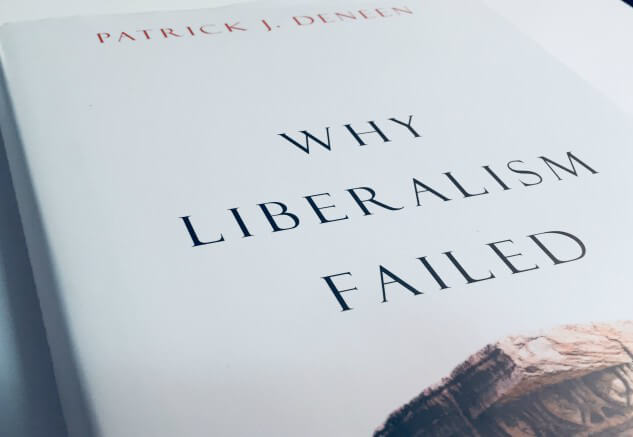Note from the Publisher: This piece belongs to the Merion West Legacy series, referring to articles and poems published between 2016 up to Spring 2025.
All Good Things Must Come to an End: An Overview of “Why Liberalism Failed.”

“So is Deneen right? Has liberalism failed? I think in the long run nothing wrought by the hand of man lasts forever. This includes political ideologies. We have a tendency to naturalize the world as it is and assume that things can never change.”
Timeless reading in a fleeting world.
Journalism
Commentary
Poetry
Merion West is an independent publisher, celebrating the written word since 2016.
Join Now
$3/month Free
If unable to pay, click here.

